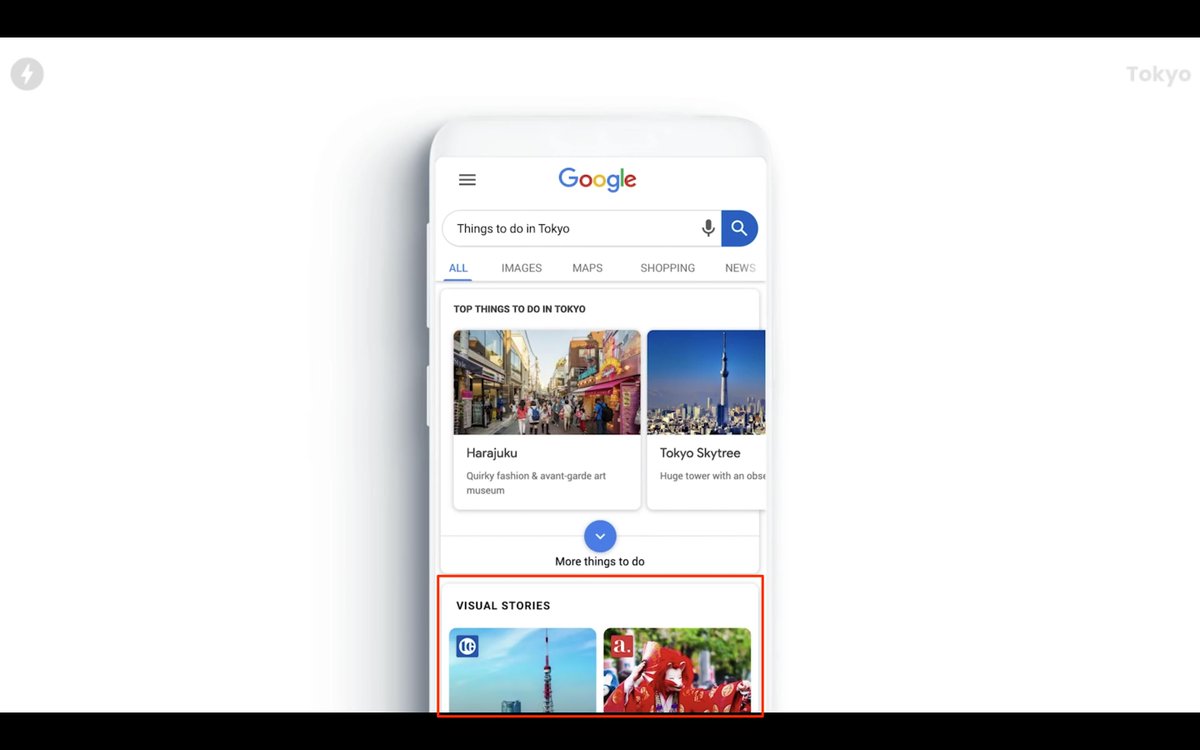But when they do, their abusers are using the legal system to punish them. And we're not protecting them.
This is a thread about that.
Procedural abuse happens when an abuser misuses legal or administrative systems to maintain power and control over a survivor.
Not settling, though, compounds the emotional costs.
All of this can stretch on for years and directly impact survivors’ recovery.
1. Attorneys trained and funded to provide free, trauma-informed legal services to survivors facing procedural abuse.
3. More and stronger state anti-SLAPP statutes.
4. A strong federal anti-SLAPP statute.







